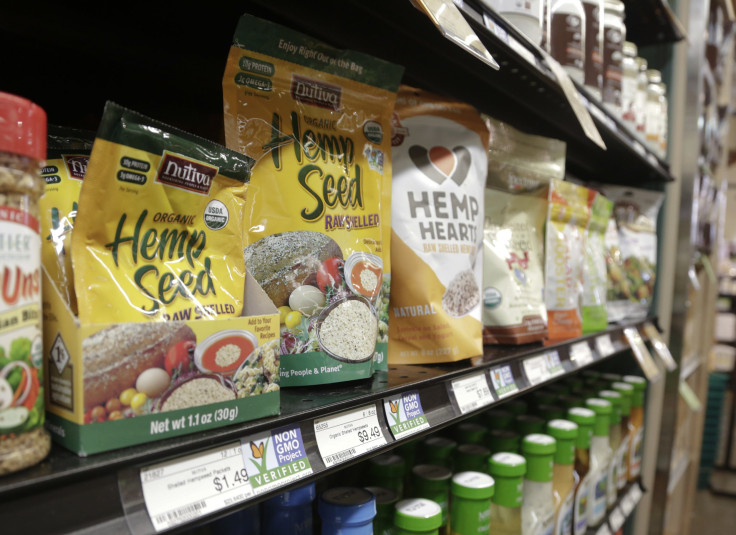California Lawmakers Reject GMO-Labeling Bill For Second Time In Two Years

The California State Senate voted Wednesday night to reject a bill, dubbed Senate Bill 1381, that would have required labeling of all foods containing genetically modified (GMO) ingredients.
The vote marked the second time in two years that California has rejected mandatory GMO-labeling, dealing a major setback to the vocal anti-GMO movement in the Golden State.
The state would have been the second in the nation to institute such a labeling regime if it had approved the measure. Vermont Gov. Peter Shumlin, a Democrat, signed the nation's first state-level unconditional mandatory GMO-labeling law into law on May 8. Connecticut and Maine previously passed GMO labeling laws, but the laws do not put labeling requirements into place unless other states pass similar bills.
The bill was two votes shy of making it out of the 40-seat state Senate, according to the Sacramento Bee newspaper. But State Sen. Noreen Evans, the Democrat who wrote the bill, hopes to compel the legislature to reconsider the vote on the measure Thursday, Reuters reported.
"This bill is a straightforward, common-sense approach to empowering consumers," Evans, said, according to Reuters. "If the product contains GMOs, label it. We shouldn't be hiding ingredients."
In November 2012, a ballot measure known as Proposition 37 was widely expected to be approved by California voters, but instead ended up being defeated at the polls by a slim margin.
© Copyright IBTimes 2025. All rights reserved.





















